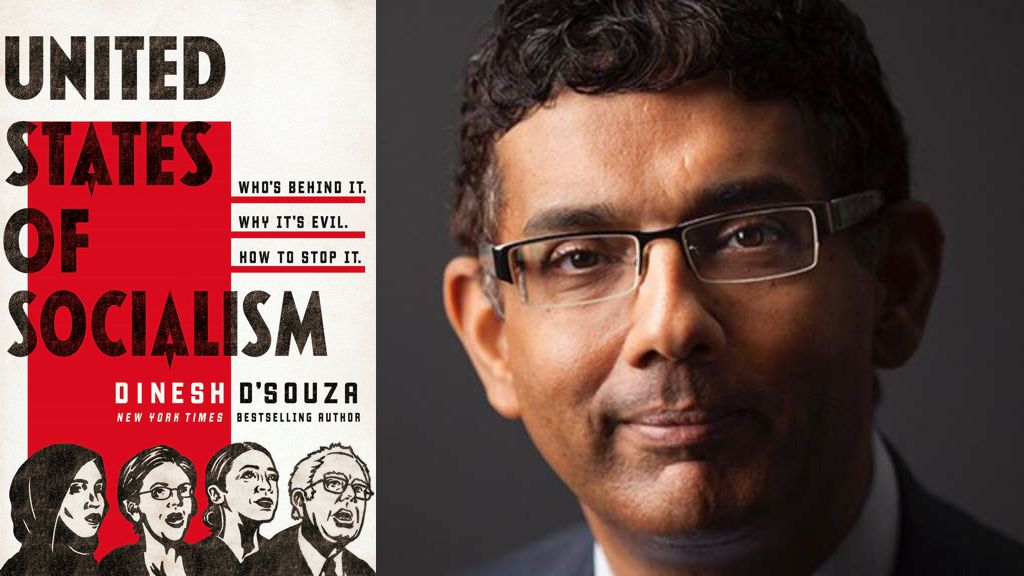Kerby Anderson
Dinesh D’Souza has written about The United States of Socialism. It provides a good overview of the influence of socialism in our world today with good responses to the arguments used to support socialism and to criticize capitalism. He also introduces the concept of “identity socialism” which attempts to cobble together various victim groups in an effort to promote a socialist revolution.
Millions of young people in our country today are convinced that socialism is superior to capitalism. But is that really true? Dinesh D’Souza proposed two test cases. The first is the difference between East Germany that was socialist and West Germany that was capitalist. At the time of reunification, the GNP of socialist East Germany was about a third of what existed in capitalist West Germany.
A better example is North and South Korea because the separation has lasted longer and continues to this day. Capitalist South Korea is more than 20 times richer than socialist North Korea. South Koreans are obviously freer than North Koreans. South Koreans are also taller, healthier, and live about 12 years longer than North Koreans.
Dinesh D’Souza also draws upon his own experience growing up in India that was influenced by the Fabian socialism of England and then adopted Soviet-style five-year plans when India became independent. His family had a ration card which specified the paltry amount of sugar or cooking oil they could purchase. There was a seven-year waiting period to get a phone.
Not only does this book document the problems with socialism, but I also appreciate that it provides a moral basis for capitalism and a plan to defeat socialists seeking to transform America.
 Listen Online
Listen Online Watch Online
Watch Online Find a Station in Your Area
Find a Station in Your Area










 Listen Now
Listen Now Watch Online
Watch Online
